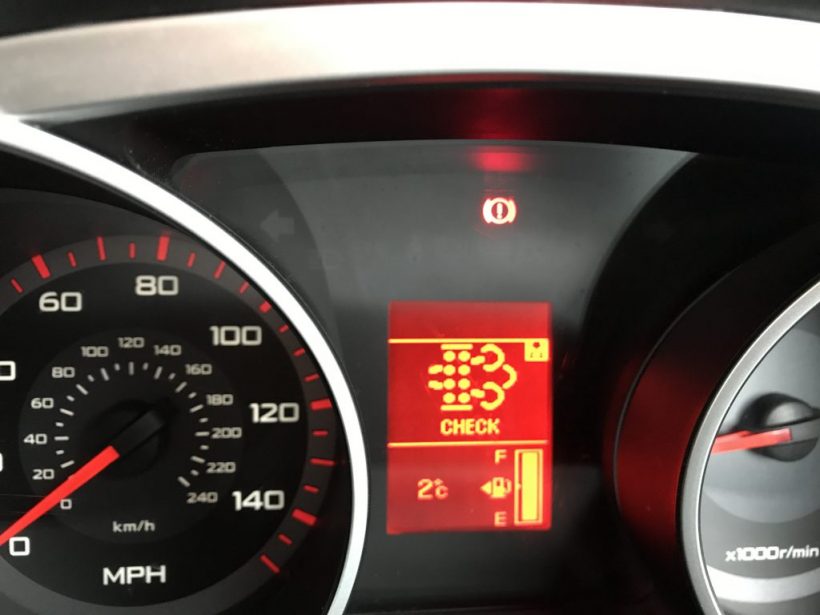When driving and you notice your DPF light has come on, it means that there is a problem with your vehicle’s diesel particulate filter. The DPF is fitted in most diesel cars built after 2009 to reduce the amount of soot released through the exhaust system lowering emissions and pollution. However, if the DPF isn’t working, the soot may be harmful to your health.
Diesel exhaust fumes are a mixture of different gases, particles, vapors, and aerosols created when burning diesel fuel. The exhaust gases contain ten times the amount of soot particles than petrol exhaust fumes. Breathing high quantities of these fumes may irritate the respiratory system within a few minutes of exposure.
So that’s why it is essential to understand what it means when your DPF light goes on and what you can do about it.
What do you do when the light goes on?
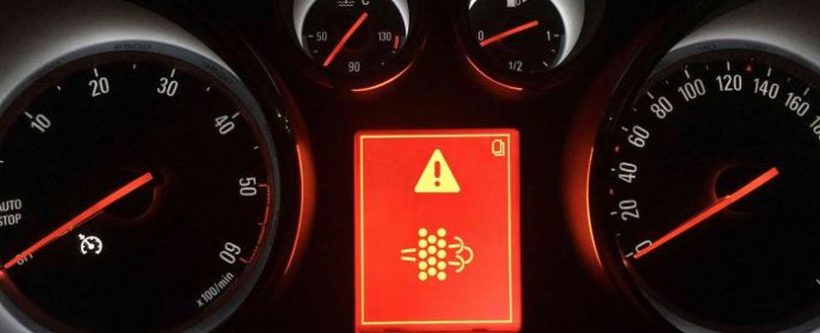
When your DPF dashboard light goes on, it means that passive regeneration failed and that you need to regenerate the DPF actively. You can do this by increasing your driving speed to more than 50mph for about ten or fifteen minutes. Doing this will allow the exhaust to reach sufficiently high temperatures to burn the soot and clear the filters.
During regeneration, you may notice some unusual noise from your vehicle’s engine or even a weird smell coming from the exhaust and a decrease in fuel economy. After the regeneration process, the light should go off, and the vehicle should go back to normal.
If you cannot maintain a speed higher than 50mph long enough for the process to complete, the soot will continue to collect in your filter, and your DPF warning light will remain on.
If you have tried driving the vehicle fast for long enough and the light is still on, you may have to consider taking the car to have professionals clean your DPF. To get more information about cleaning your DPF, you can check it here.
What causes DPF blockage?
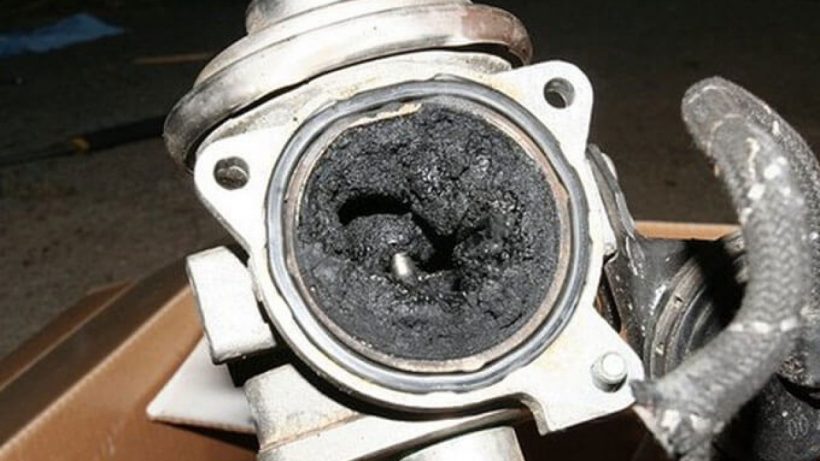
DPF is usually designed to remove diesel particulate matter or soot from your exhaust systems to reduce the smog that causes air pollution. Versions of these particulate filters have been around since the 80s; the modern versions were federally mandated and installed in diesel cars from 2009. DPFs are said to remove 90% of particulate matter reducing air pollution.
However, these filters can wear out from when you clock 200,000 miles. The filters are usually made of ceramic to withstand high temperatures, but the buildup of soot may cause blockage with time.
When soot deposits collect to a certain point, the car’s engine control unit starts a process known as passive regeneration. More fuel is then injected into the engine, which raises the heat in the exhaust system. The heat is then used to burn the soot turning it into gases expelled through the exhaust.
Passive regeneration usually occurs when driving your vehicle at higher speeds, as this is when the temperatures are increased, and the engine can complete the process. However, if you spend most of your driving making short trips around town or constantly in traffic and rarely reach highway speeds, the process cannot occur. With this, the soot continues to accumulate in the filters, and so the DPF becomes blocked.
Can you still drive with the DPF light on?
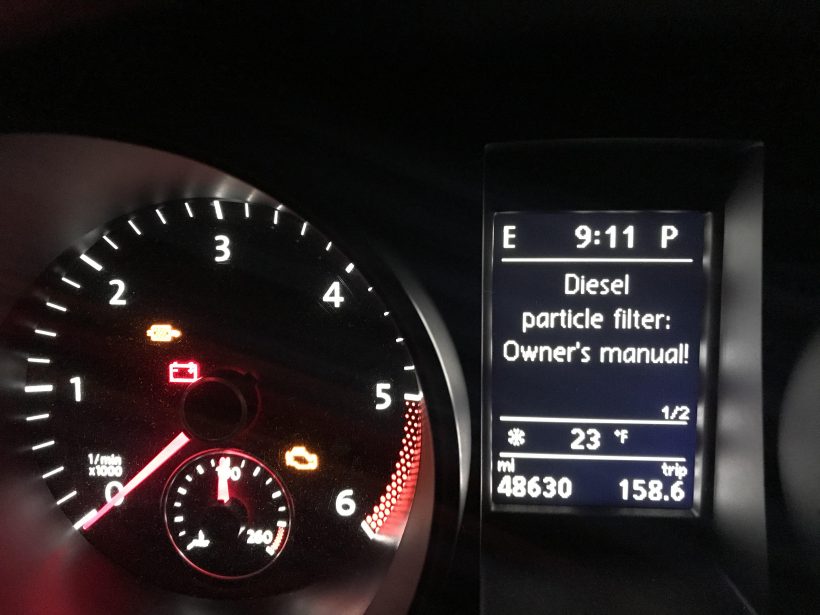
Technically yes, but we would advise against doing so. Suppose you ignore the DPF warning light and continue driving. In that case, the accumulation of soot will reach levels where your car will start having issues like decreased fuel economy, engine power, and performance loss.
This will also probably tip off the other warning lights, and the check engine light may also go on. Your garage can perform a forced regeneration which should clear the DPF filters and allow it to function properly. However, this may not guarantee that it will fix your problem, especially if the filter is damaged or the engine has been damaged. It will require more repairs and probably a new DPF and other costly repairs depending on the damage caused.
So it’s not worth ignoring the light. Going to have your vehicle checked before any damage occurs is the best option.
What are the health effects of diesel exhaust fumes caused by DPF blockage?
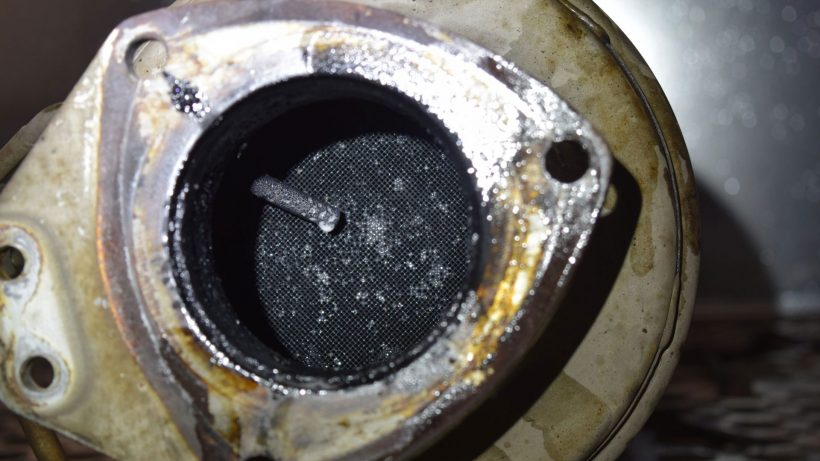
Studies have shown that diesel exhaust fumes expelled into the atmosphere due to DPF blockage may cause irritation of the nose and eyes, respiratory problems, lung function changes, nausea, headache, and fatigue. In addition, exposure to the fumes for long periods may cause bronchitis, coughs, issues with your lungs, and sputum production.
In addition, exposure studies in healthy people showed several inflammatory changes in the airways before detecting any pulmonary changes. Such effects are even worse in asthmatics than other people who may have compromised pulmonary functioning.
Exposure to diesel fumes may also increase allergic reactions meaning they increase sensitivity to allergens in people. To help curb the health issues of diesel exhaust fumes, you should always ensure your DPF is working.
Can problems with your DPF be avoided?
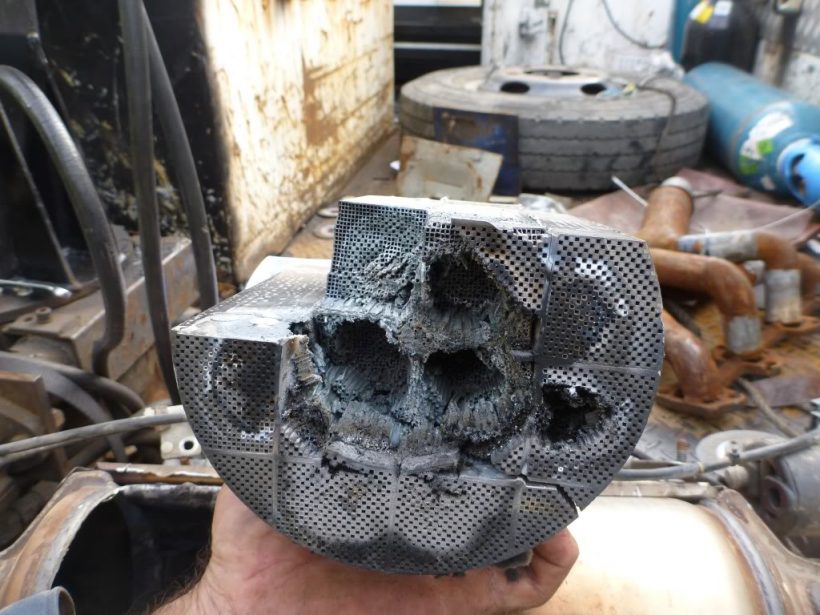
You can avoid DPF problems if you understand your vehicle’s needs. For exampls, if you drive long distances, it’s okay because you will reach the speeds required to ensure passive regeneration or active regeneration occurs, reducing any problems with the DPF.
However, if you only do short drives around town, you can be taking extra measures to ensure you have your DPF cleaned or drive longer distances once in a while for the regen process to occur.
Most of the time, though, you may not avoid these driving habits, but you can take preventative measures like purchasing quality oil and fuel. Using a reputable fuel provider will protect your engine and reduce wear while prolonging the life of your DPF. Using high-quality oil is also a part of ensuring your DPF doesn’t fail. They help reduce the buildup of ash and soot in the filter by almost 60%.

